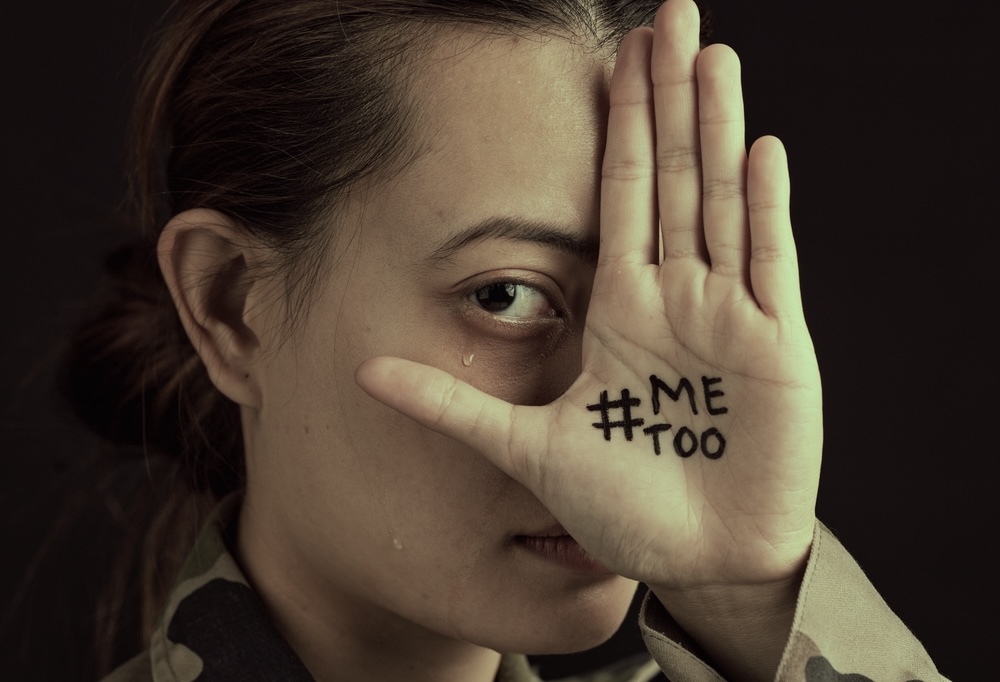Have you recently experienced a traumatic event? Perhaps you’ve been involved in a serious accident or witnessed a violent crime. For several days and weeks after the event, you might be experiencing a wide range of emotions and physical symptoms. This is a normal reaction to trauma, known as acute stress disorder (ASD). However, if these symptoms persist for more than a month, you may be diagnosed with post-traumatic stress disorder (PTSD).
But how long will these symptoms last? Will they fade away with time, or will they continue to impact your life forever? In this article, we will discuss how long this condition will last and the factors that can influence its length.
What is PTSD?
Post-Traumatic Stress Disorder (PTSD) is a mental health condition that can develop in individuals who have experienced traumatic events such as accidents, war, illness, and physical or sexual assault. It is characterized by a range of symptoms including reliving the traumatic event, negative thoughts, and feelings, and disruptions in daily life. People experiencing PTSD may have difficulty coping with their emotions and may encounter challenges in their relationships with family members and others.
Some risk factors for developing this mental illness include a history of mental health issues, lack of support after the trauma, and encountering similar stressful situations after the initial event. While many people may experience some of these symptoms in the days or weeks following a traumatic event, if they persist for more than one month and significantly affect daily functioning, it may be diagnosed as Post-Traumatic Stress Disorder.
How long does PTSD last?
The length of time this condition will last will depend on the individual. Every person has a different experience and response to trauma, so there is no set timeline for recovery. Some people may only experience symptoms for a few months, fading as time goes by. However, many people also find that they experience PTSD symptoms for years after the traumatic event.
There are different factors that can influence how long PTSD will last. Based on these factors, the duration can vary significantly from person to person. Some of the factors that may influence the length of time a person experiences PTSD include the following:
Severity of trauma
The severity of the traumatic event is a significant factor in determining how long PTSD may last. People who have experienced severe and life-threatening traumas such as going to war or sexual assault are more likely to develop chronic Post-Traumatic Stress Disorder that can last for years.
If there is a physical reminder of the trauma, such as a permanent injury or scars, it can also contribute to the length of time the mental health disorder persists.
Availability of support
Having a strong support system can play a crucial role in managing and reducing symptoms of Post-Traumatic Stress Disorder. People with supportive friends and family who understand their condition may have an easier time coping and recovering from this disorder. In contrast, those without a stable support system may struggle more and experience longer-lasting symptoms.
Co-occurring mental health conditions
People with Post-Traumatic Stress Disorder are also at high risk of developing other mental health disorders, such as depression or substance abuse problems. These co-occurring conditions can complicate the recovery process and potentially prolong the duration of the condition.
Recovery Treatment
If the condition is left untreated, the possibility of the condition lingering for a long time is more likely. The timeliness of seeking treatment can greatly impact the recovery process. Those who receive prompt and appropriate treatment, such as therapy and medication, may experience a faster recovery compared to those who delay or do not seek help at all.
The good news is that Post-Traumatic Stress Disorder is a condition that you can recover from with the right treatment options. Outpatient treatment is usually recommended once or twice a week with a total of eight to 15 sessions depending on the severity of symptoms. This means that for some individuals, they can recover within a span of two to four months.
If your symptoms are severe and you feel that the condition is impacting your daily life, going into residential mental health treatment is an ideal option. In this treatment setting, patients have access to a full range of therapies and programs tailored to their needs. This can greatly influence the duration of the recovery process.
What are PTSD treatment options?
Effective treatment often involves the guidance of a mental health professional who can provide support and therapy tailored to the individual’s needs. Therapy modalities such as eye movement desensitization and reprocessing (EMDR) have shown effectiveness in addressing PTSD symptoms.
In some cases, medications for PTSD may be prescribed to help manage specific symptoms. However, it’s essential to consult with a healthcare provider to determine the most suitable treatment approach.
By seeking help from a mental health professional and exploring coping mechanisms, individuals can better navigate the challenges associated with Post-Traumatic Stress Disorder and work towards improving their mental well-being.
At Zoe Behavioral Health, we specialize with mental health and dual diagnosis treatment services, including PTSD treatment. Our team of experienced and compassionate professionals are dedicated to providing personalized care to help individuals overcome their struggles and achieve lasting recovery. If you or a loved one is struggling with PTSD, please reach out to us today for more information on our comprehensive treatment options.






